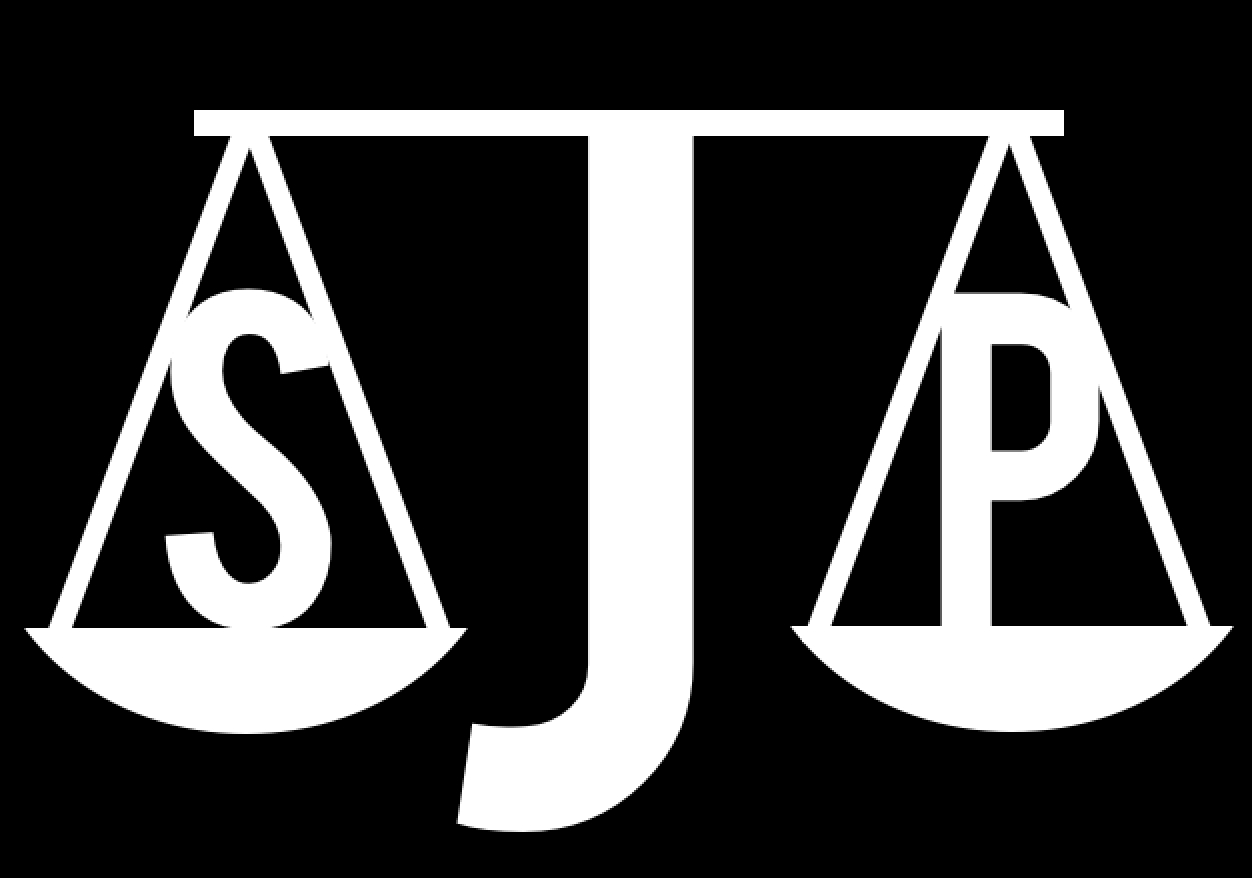Titles and Descriptions of 2017 Justice Lab Presentations/Projects
1. “Understanding and Reforming Amicus Briefs in the Supreme Court”
This presentation will look at the history and current use of amicus briefs in the Supreme Court. The report will discuss who files amicus briefs, how often they support a successful party or cert petition, and how often they are cited by the justices. Informed by discussions with scholars, former Supreme Court clerks, and amicus filers, the presentation will then develop a theory of amicus influence, demonstrating how amici are both tools and shapers of inequalities in the American legal system. Finally, suggestions and recommendations will discuss how attorneys and policymakers can make amici more fairly serve the interests of justice.
2. “Disrupt: Preventing Campus Sexual Assault Through Bystander Intervention”
This presentation will examine the underlying cultural forces of sexual assault on college campuses and, ultimately, propose a solution supported by our research. First, we will review the history of sexual assault in order to understand how ideology and stereotypes have produced a cultural system of violent masculinity and toxic gender norms. Then, we will examine how different yet interrelated systems–the criminal law, the legislature, and academic administration–have attempted to intervene. Often, however, we find that these responses fail to resolve if not ultimately reify underlying cultural forces that legitimize sexual assault on college campuses. From there, we will explore rape culture itself from a mind sciences perspective, both to understand the assumptions that sustain it and to begin to determine how best to undermine it. Finally, we will briefly offer an explanation of what a culturally aware bystander intervention program looks like and why such a program may be more effective in combatting campus sexual assault than the traditional punitive structure.
3. “Streamlining Intake and Triage in Delivering Legal Services”
In the United States, most low-to-middle income litigants facing matters involving basic life needs such as eviction, mortgage foreclosures and other housing-related crises do not have access to the civil legal assistance they need to meet these challenges. This project examines how legal aid services are delivered in the United States and Massachusetts, with a focus on how litigants face a critical access to justice gap that limits their chances of obtaining just outcomes. The presentation will discuss the history, causes, legal framework, and potential solutions to the justice gap in the delivery of legal services. After discussing the large-scale systemic solutions that are required to address this pressing issue, the presentation will discuss interim solutions for improving the delivery of legal services. The project examines best practices from the intake and triage system used by Greater Boston Legal Services as a replicable national model for efficiently determining which clients and legal aid organization should accept and what level of service to provide to each client.
4. “A Coordinated Community Approach to Homelessness”
America is the richest nation in the world, yet hundreds of thousands of us sleep in places not fit for human habitation. Join us in exploring what makes people homeless, what keeps people homeless, and what prevents us from enacting effective solutions. We will look at the latest policy developments, such as permanent supportive housing, assertive community treatment, crisis stabilization centers, and “coordinated entry” to the public housing system. We argue that the focus of these and future policies should be on improving the quality of life for people at risk of or experiencing homelessness. This should include a greater responsiveness to the individual and community needs of people experiencing homelessness, and stronger partnerships between homelessness service providers and other public and private services providers that homeless people interact with.
5. “School to Prison Pipeline: An Institutional Approach”
The School to Prison Pipeline is a metaphor used to describe the increasing patterns of contact students have with the juvenile and adult criminal justice systems as a result of the recent disciplinary practices implemented by educational institutions. Our presentation seeks to raise awareness on this unfortunate reality by focusing on four institutional elements that directly impact this phenomenon: Federal/State Policy, Local/School Policy, Teacher Support, and Student Support. We will focus on these four elements as we discuss what this phenomenon is, how it came to be, who it affects, and solutions that these elements should implement. In discussing these four elements, we also have a focus on elementary school’s and Massachusetts public schools, as an effort to simplify our illustration of such a broad and prevalent problem.
6. “(Un)Qualified Immunity: Protecting Police over Plaintiffs”
Qualified Immunity is a judge-made doctrine which has evolved to increasingly protect and insulate government officials from liability for their violations of constitutional rights. The doctrine as it currently stands is a confused and redundant combination of procedural hurdles that risks creating entrenched constitutional stagnation and widening the gap between rights and their remedies. This presentation will examine the shifting justifications for qualified immunity, starting with its historical origins and continuing through the Supreme Court’s ever-expanding interpretation of the scope of the doctrine. We will share stories of victims of police abuse who were denied relief as a result of qualified immunity, and discuss whether and to what extent qualified immunity impedes broader efforts to reform policing in America. Ultimately, we will provide suggestions for next steps to reform qualified immunity.
7. “Whistleblowing: Enhancing Employee Knowledge, Strategic Options and Consequences”
Qualified This presentation will examine the history, legal framework, and psychological and institutional limitations to whistleblowing on those in power in the federal government. The presentation will also focus on the unique challenges that face federal employees in the sciences. The audience will learn about the current state of whistleblowing, challenges that face these actors in any political environment, and resources available to federal employees. Ultimately, we will suggest courses of action, beginning with an initiative to provide easily assessable information about reporting mechanisms and whistleblowing rights for federal employees.
